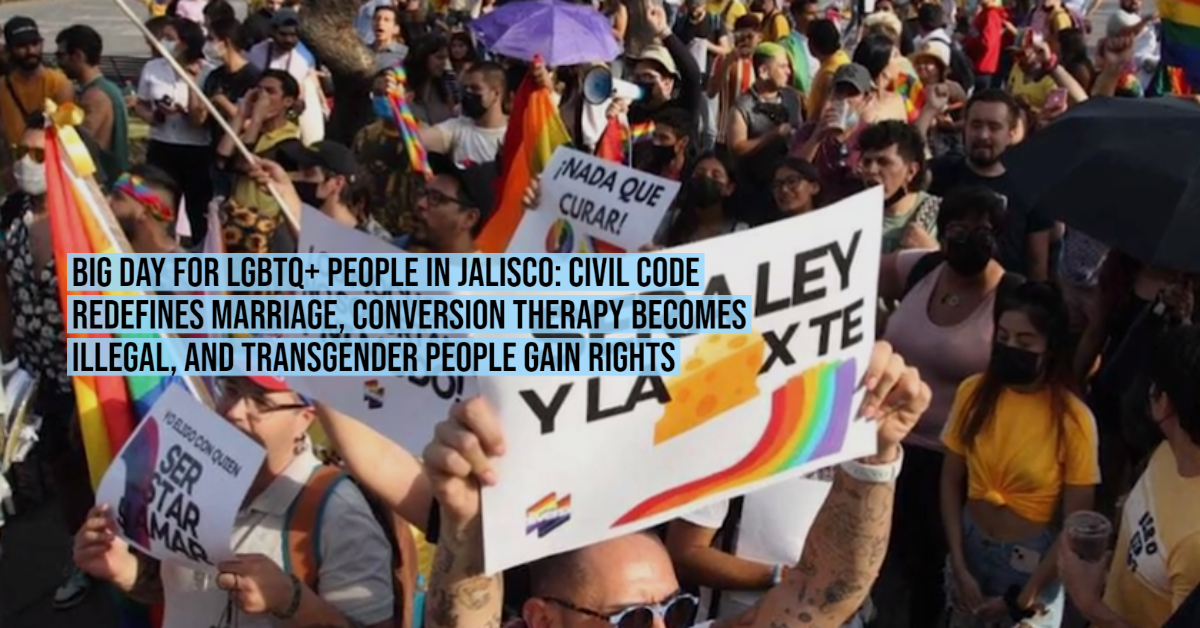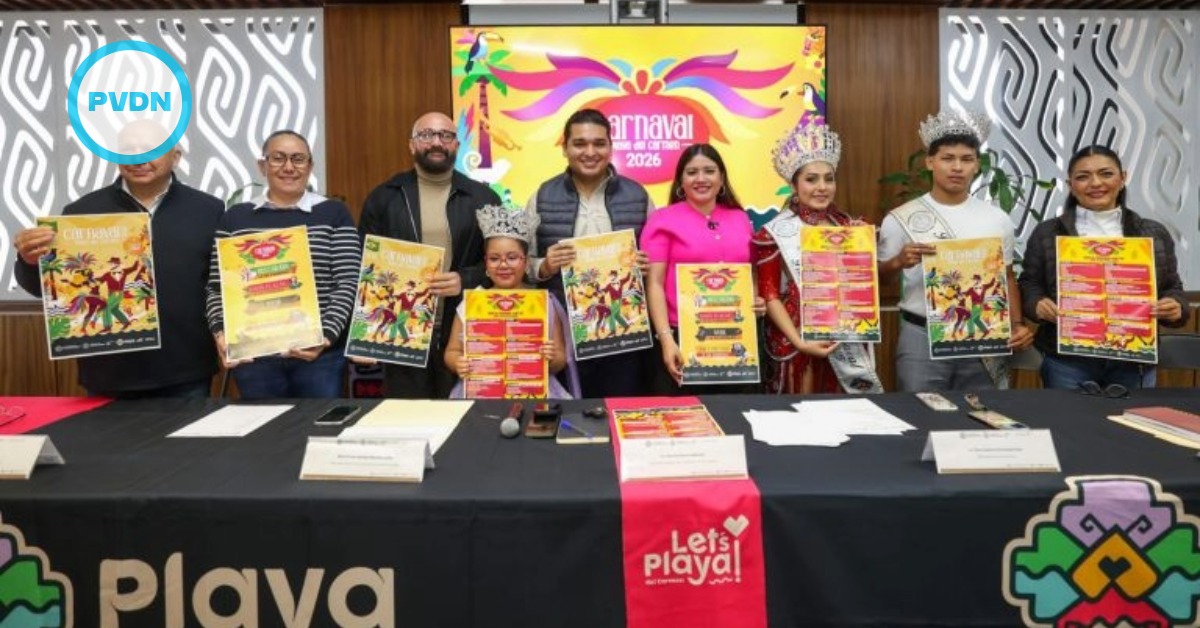Six years after the Supreme Court of Justice invalidated the articles of the Civil Code of Jalisco where marriage was defined as the union of a man and a woman, the plenary session of the State Congress approved reforms to the Code to specify that marriage is the Union of two people without specifying gender.
The change was approved with 26 votes in favor, 8 against; 3 abstentions; The vote was done via secret ballot, so the position of each legislator was not made public. The deputy, Susana de la Rosa, who requested a closed vote, justified . . .






